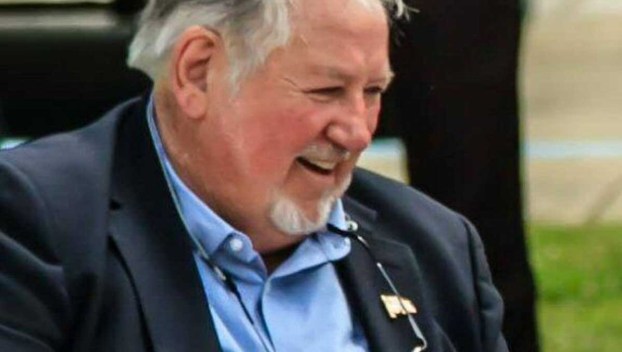
Uncategorized
The Fourth of July and PTSD
For most people, fireworks are the highlight of their Fourth of July celebration. The flashing colors, the booming ... Read more

For most people, fireworks are the highlight of their Fourth of July celebration. The flashing colors, the booming ... Read more